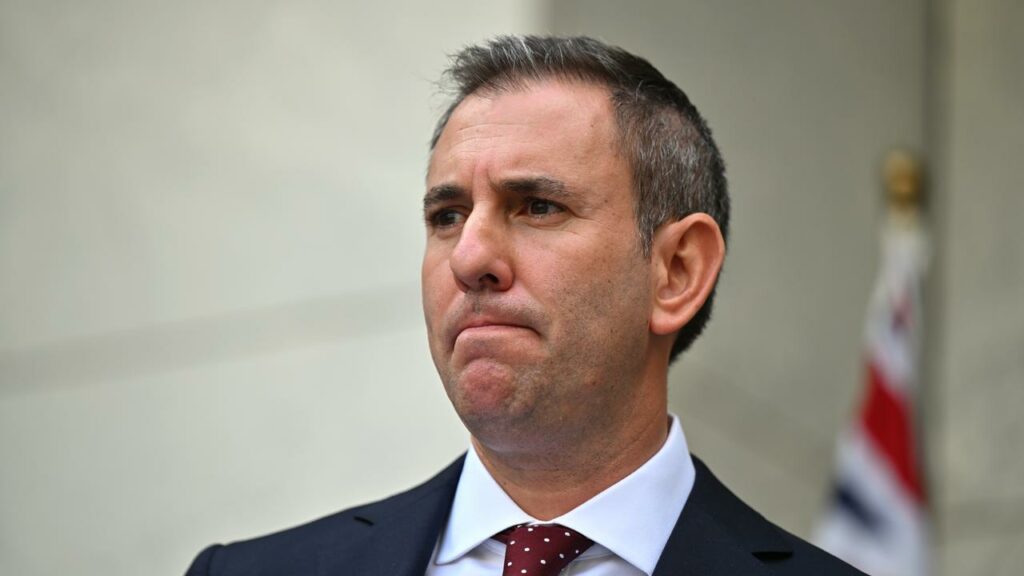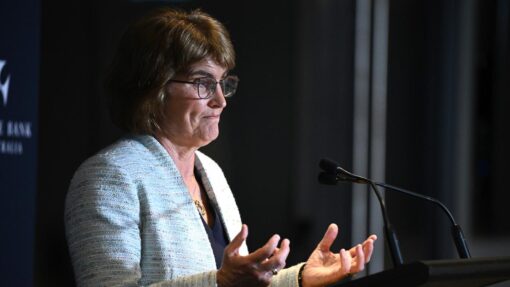Albanese makes budget promise ahead of rates decision
Paul Osborne and Poppy Johnston |

As the Reserve Bank weighs up a possible 11th consecutive rate hike, Anthony Albanese has pledged not to include any budget measures that would increase pressure on inflation.
The prime minister and Treasurer Jim Chalmers are in the final weeks of putting together the Labor government’s second budget.
The RBA has gradually jacked up the cash rate from 0.1 per cent in April 2022 to 3.6 per cent, with its board due to meet again on Tuesday.
The central bank is using rate hikes to return inflation to its target band of two to three per cent, from 6.8 per cent in the latest official figures.
Mr Albanese said the budget would avoid the “cash splash” of past coalition governments, but include cost of living relief.
“We need to be responsible in the way that we deal with that, otherwise you end up being quite counterproductive,” he said.
“You say you’re helping on cost of living issues, but you end up adding to the cost of living because interest rates go up if inflation goes up, which we clearly need to get under control.”
Asked whether a revamped Petroleum Resource Rent Tax could be on the cards, he said the review of the tax would be received before the budget.
“What we’ll do is continue to work with industry in a constructive way as we frame a budget in May.”
The government is also facing calls to overhaul superannuation tax concessions.
It has already flagged reform in the area, announcing in February it intended to reduce super tax concessions available to people whose total balances exceeded $3 million.
The changes – which are now open for public consultation via Treasury – would apply from July 1, 2025, and save about $2 billion a year.
But a Grattan Institute report showed there was merit in going further, pointing to superannuation tax breaks costing the budget $45 billion a year, or about two per cent of GDP.
Two-thirds of their value benefit the top 20 per cent of income earners and retirees with large super accounts, who pay much less tax per dollar of earnings on them than younger workers do on their wages.
“Super has become a taxpayer-funded inheritance scheme,” report lead author Brendan Coates said.
“Reining in super tax breaks is a responsible way to boost government revenues in a world where the government has committed to higher spending on defence, health care, aged care, and disability care.”
Reforming the system could save the budget more than $11.5 billion a year, the report said.
Measures could include lowering the cap on pre-tax super contributions from $27,500 to $20,000 a year and taxing all superannuation earnings in retirement at 15 per cent, the same rate that applies to super earnings before retirement.
Shadow treasurer Angus Taylor said the proposed changes would undermine confidence in the superannuation system and should not be adopted.
“Superannuation is Australians’ money to deliver quality of life in retirement, not a piggy bank for governments to tax and spend,” Mr Taylor told AAP.
“Australians are right to be wondering what Labor will tax next, and should provide certainty to Australian retirees that these proposals are not on the table.”
AAP


